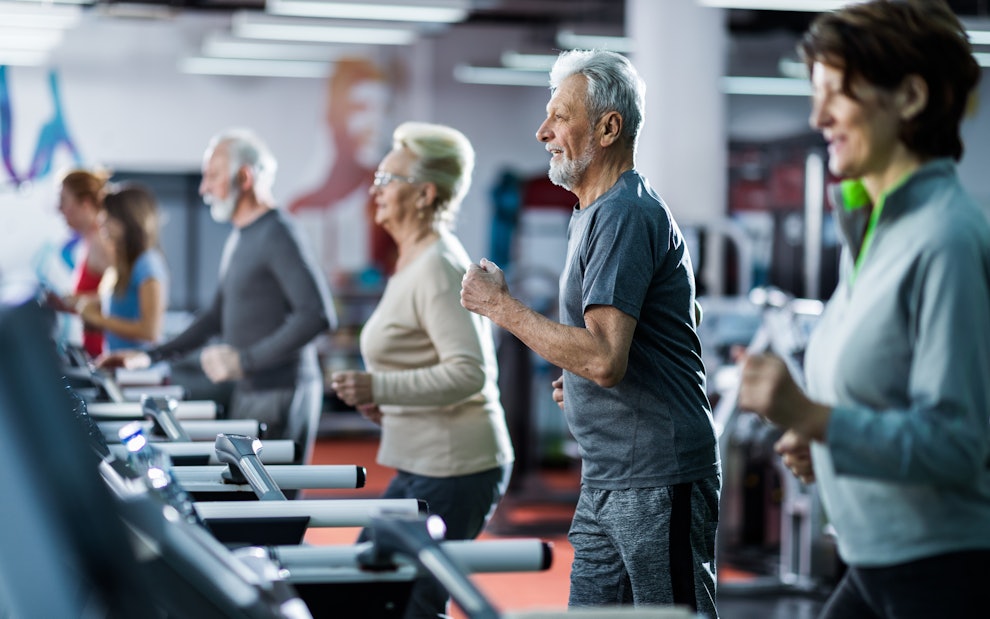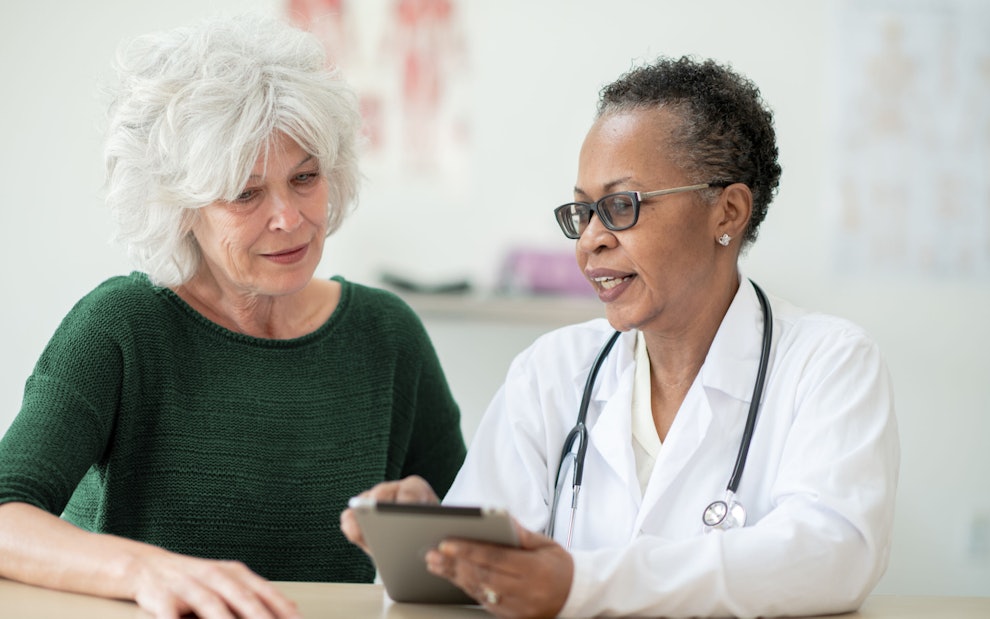Article at a glance
COVID-19 transformed our daily lives, replacing normal life with lockdowns, social distancing, and restrictions.
Adapting to life in the new normal phase — a period when we’re returning to everyday activities with COVID-19 still circulating — can be challenging for many people.
Check out these helpful tips that allow you to protect your health and manage your COVID-19 risk.
Discover ways to rebuild meaningful relationships with family and friends after time spent apart.
Remember to manage your mental health and any emotions, concerns, and fears that you may have related to the pandemic.
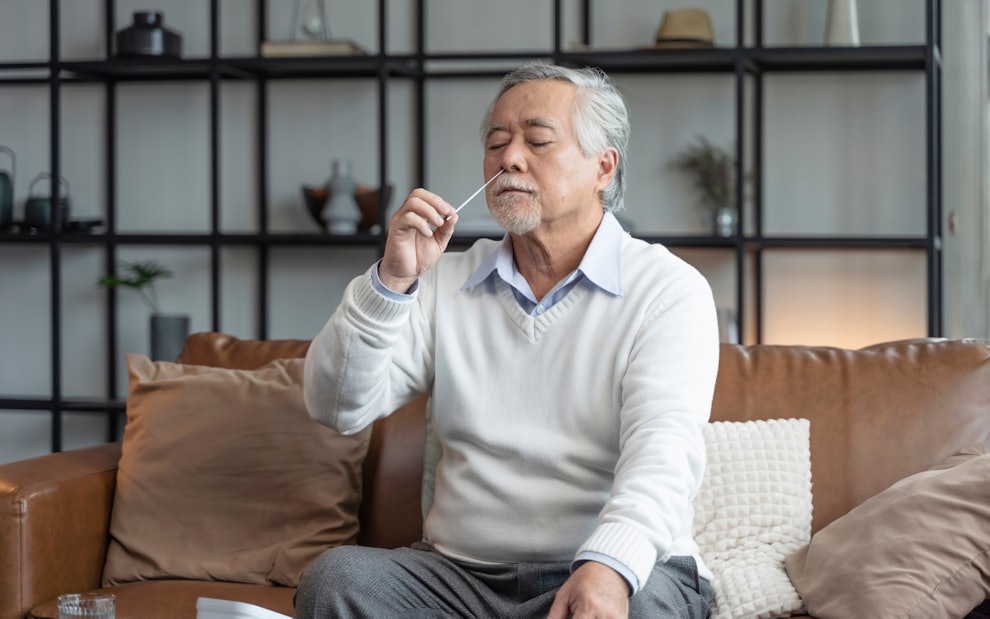
Talk to Your Doctor About Your COVID-19 Risk
After many people have resumed normal activities, including in-person gatherings, and businesses have relaxed restrictions, you might be wondering, “Is the pandemic over?” However, even as the country returns to some pre-pandemic behaviors, COVID-19 cases still do exist. Seniors over the age of 65 are more likely to have severe cases of COVID-19, putting them in the high-risk category, according to the Centers for Disease Control and Prevention. So, it’s important that you’re aware of your personal risk as the new normal begins after COVID-19.
Talk to your doctor about your COVID-19 risk. Your physician will consider your overall health, as well as any specific health conditions you may have that can increase your risk of contracting a severe case of COVID-19. Underlying medical conditions that put you at heightened risk include cancer, chronic kidney disease, chronic lung disease, dementia, diabetes, and heart conditions. Listen to your doctor’s advice on the precautions you should take to reduce your risk of COVID-19 based on your unique health situation.
Stay Up-to-Date on Vaccinations

Make sure that you are up-to-date on your COVID-19 vaccinations as you enter the new normal phase of the pandemic. If you haven’t been vaccinated recently, you may be due for a booster shot that can help improve your body’s ability to protect you. However, it’s important that you talk to your doctor about when you should vaccinate and what type of vaccine is best. For instance, if you are moderately or severely immunocompromised, you may need to follow a different vaccine schedule than what the CDC recommends. For most healthy older adults, staying current on your COVID-19 vaccine is the best way to protect yourself from getting a severe case of the disease.
Rebuild Social Relationships in the New Normal
After time spent social distancing and keeping up with family and friends virtually, you might be ready to rebuild social relationships with those people you’ve missed. However, you also might be wary about jumping back into in-person social gatherings after so many months distancing from the ones you love. Focus your time on those people that you missed the most to ease yourself back into socializing. Perhaps you want to have your children or grandchildren over for dinner regularly to catch up. Once you’re comfortable socializing with close family, you’ll be ready to venture out even more, whether you’re rejoining a group or reconnecting with friends and neighbors.
Also, as you rebuild your social network, keep everyone’s health in mind. If anyone in your social circle is feeling ill, it’s best to reschedule your gathering until everyone is feeling better. While every illness won’t be COVID-19, it’s better to be safe than sorry as you navigate socializing in the new normal after the pandemic.
Manage Emotions, Loneliness, or Fear in Life After COVID-19
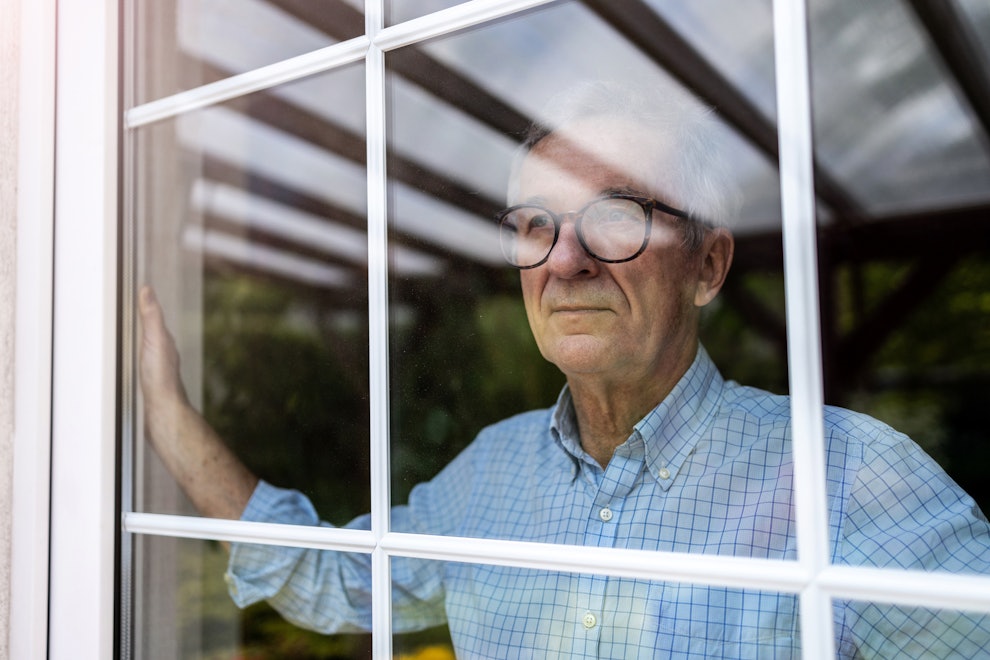
The height of the pandemic was challenging for everyone emotionally. People were longing for their loved ones, and even just the normalcy of everyday life. While there are now opportunities to reconnect and many aspects of life are back to normal, it’s completely understandable to still feel mixed emotions or even fear related to COVID-19. For example, if you’re at a heightened risk of getting a severe case of COVID-19, you might be concerned about large, unmasked crowds. Furthermore, you might still be dealing with feelings of loneliness related to lockdowns and be unsure of how to reconnect.
It’s important in this new normal life after COVID-19 to stay on top of your mental health and learn how to manage emotions or fears. Talking to your doctor about your health can ease any anxiety related to your COVID-19 risk. If you still feel like you’re struggling, consider speaking with a mental health professional. For instance, if you have problems sleeping or concentrating, notice changes in your sleeping or eating patterns, or have ongoing fear or worry, consider working with a therapist who can help you shift into this new normal.
Stay on Top of Your Health
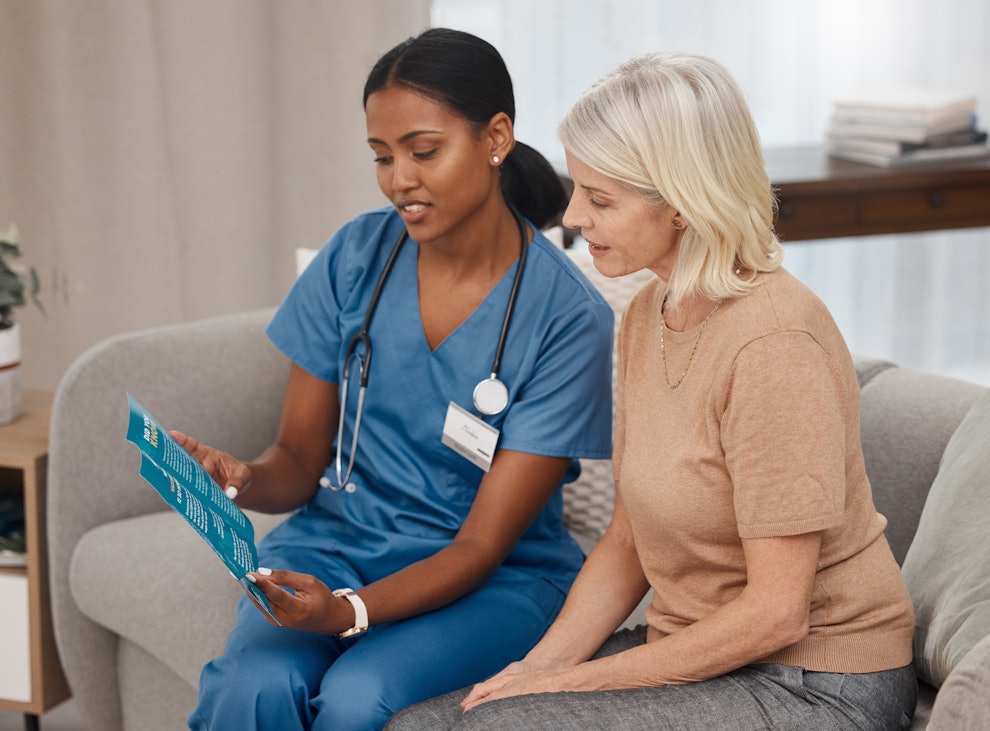
Maintaining your overall health is important as you return to the new normal. Regular screening with your doctor can ensure that you’re in good health and properly treated for any conditions. If you have any symptoms of COVID-19, stay home to avoid spreading the virus. The CDC recommends testing for COVID-19 at the onset of symptoms or five days after exposure to an individual with COVID-19. If you do test positive, monitor your symptoms and reach out to your doctor with any questions.
The pandemic certainly changed our lives, but as we enter the new normal phase of living with COVID-19, it’s important that you maintain your physical and mental health. Life after COVID-19 still includes considering the virus and taking precautions as needed based on your overall health and your doctor’s recommendations. However, this period should also be a time of reconnecting with family and friends and maintaining your mental health through activities that you enjoy. So, as you adapt to the new normal, find ways to balance any concerns or fears with your opportunities to rebuild a normal life.
Sources
- https://www.cdc.gov/coronavirus/2019-ncov/need-extra-precautions/people-with-medical-conditions.html
- https://www.cdc.gov/coronavirus/2019-ncov/vaccines/stay-up-to-date.html
- https://www.hhs.gov/coronavirus/mental-health-and-coping/index.html
- https://www.cdc.gov/coronavirus/2019-ncov/testing/self-testing.html
Become a patient
Experience the Oak Street Health difference, and see what it’s like to be treated by a care team who are experts at caring for older adults.


